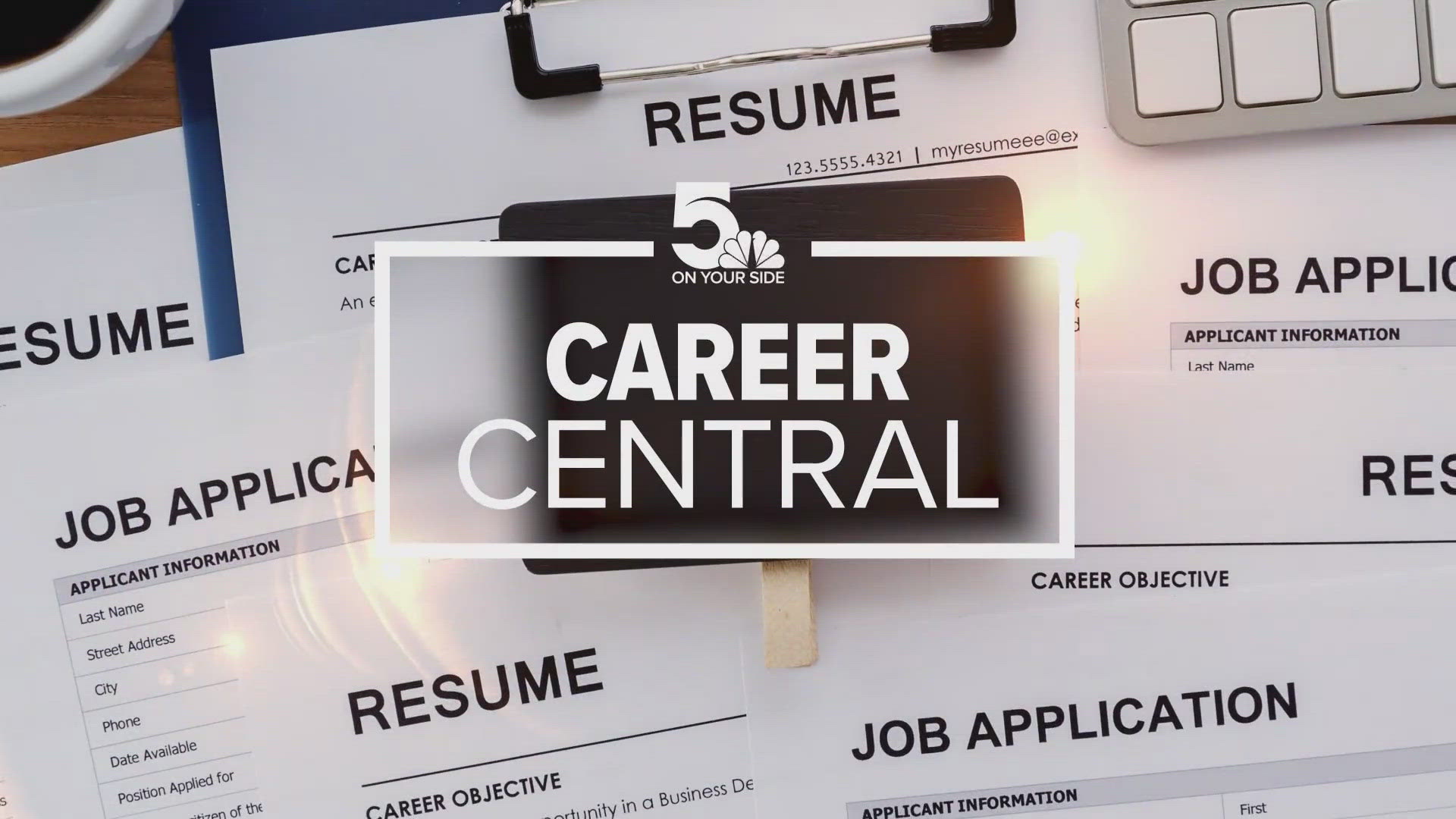ST. LOUIS — As Missourians begin to file their 2020 tax returns, criminals are exploiting the filing season to scam people out of their money and personal information.
The U.S. Attorney’s Office said the best way to avoid these scams are by knowing how Internal Revenue Service communicates with taxpayers.
- The IRS isn't going to call asking you to provide or verify your financial information so you can get an Economic Impact Payment or your refund faster.
- The IRS does not send unsolicited texts or emails.
- The IRS does not call people with threats of jail or lawsuits, or does not demand tax payments on gift cards.
Taxpayers should look out for calls and email phishing attempts about COVID-19, including the sale of fake at-home test kits, fake donations and bogus opportunities to invest in companies developing COVID-19 vaccines.
“While criminals are constantly changing their tactics, taxpayers can help protect themselves by acting as the first line of defense. You should always protect your personal and financial information,” said Internal Revenue Service Acting Special Agent in Charge David Talcott.
Taxpayers should be wary of emails, text messages, websites and social media attempts that request money or personal information. You can report phishing emails to phishing@irs.gov and report IRS impersonation scams to TIGTA.gov.
As stated on the IRS’ website, tax scams tend to rise during tax season or during times of crisis, and scam artists are using pandemic to try stealing money and information from honest taxpayers.
“These scams are particularly insidious because they manipulate and capitalize on victims’ fears and vulnerabilities in order to turn a profit. If something sounds too good to be true, or strikes you as strange or unusual, listen to your gut, and contact a legitimate government agency to verify whatever information you have been given,” said Assistant United States Attorney Gwendolyn Carroll.
Check out the list below to for a better understanding of the most common scams:
Supply scams: Scammers creating fake shops, websites, social media accounts and email addresses claiming to sell medical supplies currently in high demand, such as surgical masks. When consumers attempt to purchase supplies through these channels, fraudsters pocket the money and never provide the promised supplies.
Provider scams: Scammers are also contacting people by phone and email, pretending to be doctors and hospitals that have treated a friend or relative for COVID-19, and demanding payment for that treatment.
Charity scams: Scammers are soliciting donations for individuals, groups and areas affected by COVID-19.
Phishing scams: Scammers posing as national and global health authorities, including the World Health Organization and the Centers for Disease Control and Prevention, are sending phishing emails designed to trick recipients into downloading malware or providing personal identifying and financial information.
App scams: Scammers are also creating and manipulating mobile apps designed to track the spread of COVID-19 to insert malware that will compromise users’ devices and personal information.
Investment scams: Scammers are offering online promotions on various platforms, including social media, claiming that the products or services of publicly traded companies can prevent, detect or cure COVID-19, and that the stock of these companies will dramatically increase in value as a result. These promotions are often styled as “research reports,” make predictions of a specific “target price,” and relate to microcap stocks, or low-priced stocks issued by the smallest of companies with limited publicly available information.
Unemployment benefit scams: Scammers are also contacting individuals and purporting to represent unemployment benefit agencies and offering to submit applications for COVID-related unemployment benefits. State agencies do not independently initiate applications for unemployment benefits, and individuals should be aware that it is unlawful to receive employment benefits from a state in which you have never been employed. Individuals should be vigilant about not providing any personal identifying information, such as a social security number or a bank account number.



